Keynote speakers (2021)
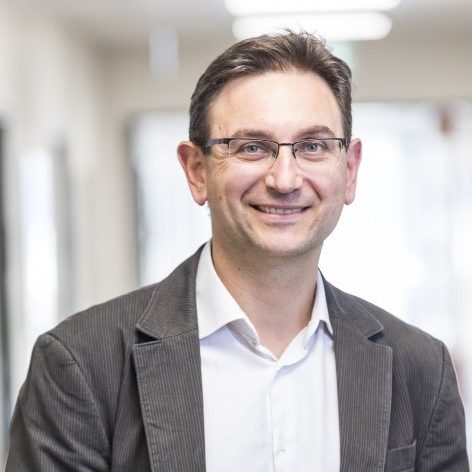
Olivier Guillon
Institute of Energy and Climate Research: Materials Synthesis and Processing (IEK-1,) Forschungszentrum Jülich GmbH, Jülich, Germany
Olivier Guillon is director of the Institute of Energy and Climate Research at Forschungszentrum Jülich and professor at RWTH Aachen University, Germany. As an expert for materials synthesis and processing, he focuses on ceramic-based technologies for electrochemical storage, high-temperature electrolysis and fuel cells, separation membranes and gas turbines. He has been working on sintering technologies – especially under electric field – for 15 years and is founder and spokesperson of the German expert committee on FAST/SPS.

Abdullah Riaz
University of Rostock, Rostock, Germany
Mr. Abdullah Riaz (born in 1989) is from Pakistan. He worked as a research scientist in the group of Physics of New Materials at Institute of Physics, University of Rostock, Germany. He was involved in the development of 3D active implant prototype. During this time, he synthesized bulk nanostructured ceramics by FAST/SPS. In January 2020 he received his PhD degree in experimental physics. Since March 2020, Dr. Riaz is a Postdoctoral researcher at the chair of microfluidics, University of Rostock. He is working on ceramic/metal materials and leading the research activities related to FAST/SPS at the University of Rostock.
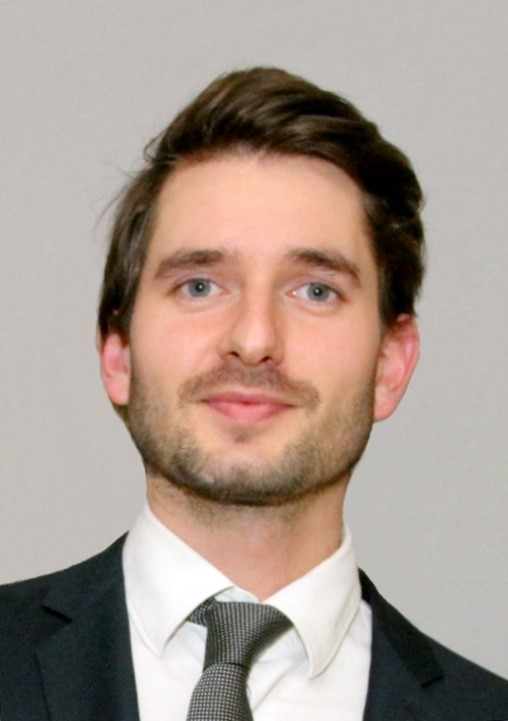
Johannes Trapp
Fraunhofer Institute for Manufacturing and Advanced Materials (IFAM), Dresden, Germany
Johannes Trapp received his Ph.D. in Engineering from Technische Universität Dresden in 2017 for his work on ‘The mechanisms of field assisted sintering in metallic systems’. He now works on light metals and metal composites, relying strongly on SPS for densification at the Dresden Lab of Fraunhofer Institute of Manufacturing and Advanced Materials. He also works on other powder metallurgical processes, capacitor discharge compaction, joining techniques, high energy milling and self-propagating high-temperature synthesis. He lectures ‘Sinter Materials’ and ‘Materials for Energy Applications’ at the Technische Universität Dresden.
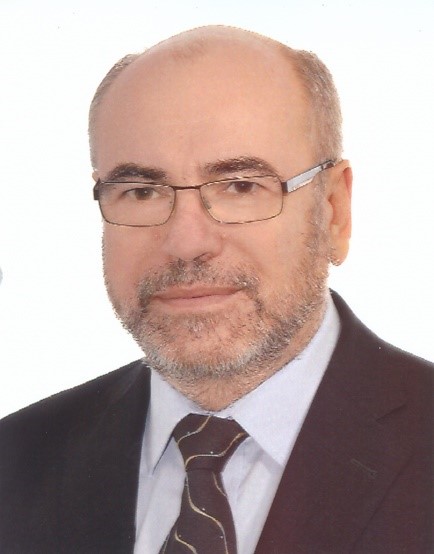
Jerzy Rojek
Institute of Fundamental Technological Research, Polish Academy of Sciences, Warsaw, Poland
Jerzy Rojek, professor at the Institute of Fundamental Technological Research, Polish Academy of Sciences, head of the Division of Computational Methods in Nonlinear Mechanics, His main research areas include development of algorithms and programmes for numerical modelling of materials and structures, the finite and discrete element methods, coupling of different modelling methods, multiscale modelling, contact analysis, simulation of metal forming and powder metallurgy processes. He is the author or co-author of more than 100 peer-reviewed articles, including 60 indexed in Web of Science. He is a member of editorial boards of two international journals.
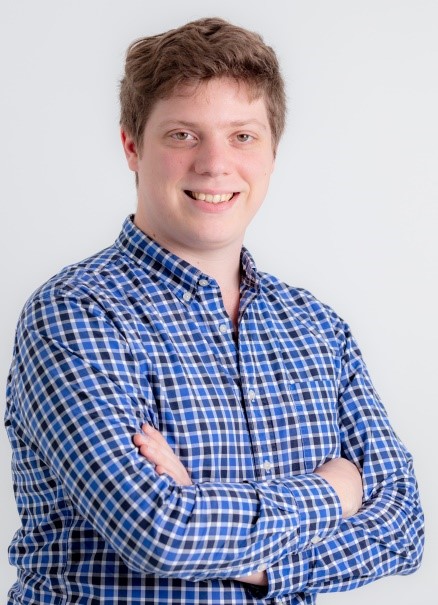
Antoine Van der Laan
Norimat, Labège, France
Antoine Van der Laan did an industrial thesis at the CIRIMAT (France) with the company Norimat. His PhD project was focused on the understanding of the sintering behaviors and the digital modeling of the production of 3D shapes by SPS. He continues this work now as Head of Digital modeling at Norimat, where he oversees the development of the digital products that will be launched in Engemini, a package of software applications. Engemini aims to offer different solutions that simplify the use and increase the productivity of SPS machines.
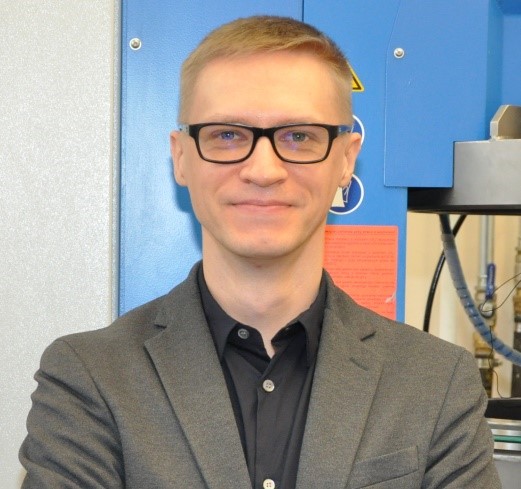
Dariusz Garbiec
Łukasiewicz Research Network – Metal Forming Institute, Poznan, Poland
Dariusz Garbiec is a leader of the Spark Plasma Sintering Group at the Łukasiewicz Research Network – Metal Forming Institute, Poznan, Poland. He received a PhD degree in Materials Engineering in 2013. The main area of his activity is the spark plasma sintering of advanced materials. He has published over 50 papers in the area of powder metallurgy. He completed an internship at Fraunhofer Institute for Ceramic Technologies and Systems, Dresden, Germany. He is also an initiator of the National Workshops on Spark Plasma Sintering in Poland in years 2018–2020 and the 1st Conference on FAST/SPS: From Research to Industry in 2021.
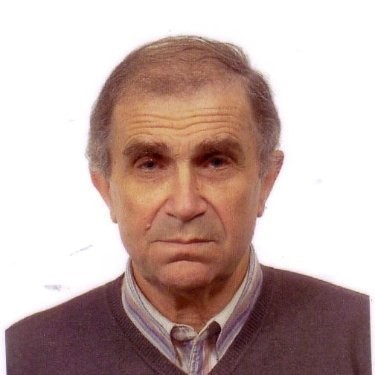
Volf Leshchynsky
Łukasiewicz Research Network – Metal Forming Institute, Poznan, Poland
Dr.Sc hab., PhD Volf Leshchynsky is a visiting professor of Lukasiewicz – INOP (Poznan, Poland) and leading researcher of University of Windsor. The new SPS and cold spray techniques developed by Dr. Leshchynsky during the last 20 years in Canada and Poland are being applied and disseminated in various industries. The research interests concern development and application of SPS and powder spraying. Analysis of the interface from the viewpoint of materials science, description of the materials behavior at the various scales are in the scope of SPS research. He has published over 150 papers, and holds thirty patents.
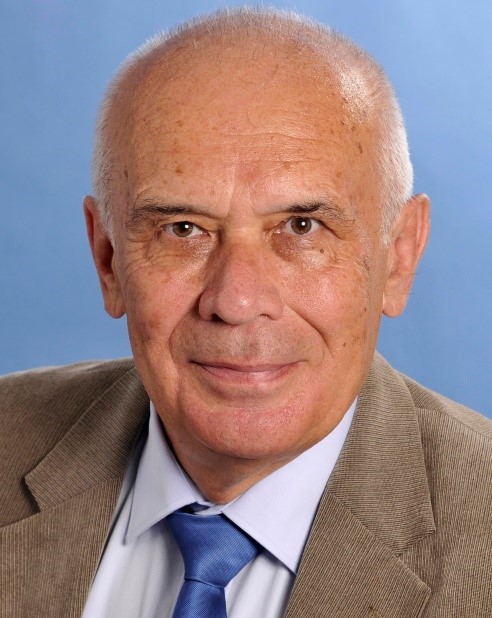
Alexander Laptev
Łukasiewicz Research Network – Metal Forming Institute, Poznan, Poland
Dr. Sc., Prof. Alexander Laptev received his PhD from Bauman Moscow State Technical University in 1978. From 1978 till 2014 he lectured at Donbass State Engineering Academy, Ukraine. This work was combined with external research at Forschungszentrum Jülich (Germany), Drexel University (United States), Institut National Polytechnique de Grenoble (France) and Katholieke Universiteit Leuven (Belgium). In 1978 he was habilitated. From 2014 to 2016 he was working as a researcher at Forschungszentrum Jülich. During 2016-2019 Prof. Laptev was an independent scientist. Since 2019 he is with Łukasiewicz – Instytut Obróbki Plastycznej (Poland). Prof. Laptev has published around 240 papers in mechanical and materials engineering. His current scientific interest is application of electromagnetic field in synthesis and processing of functional materials.
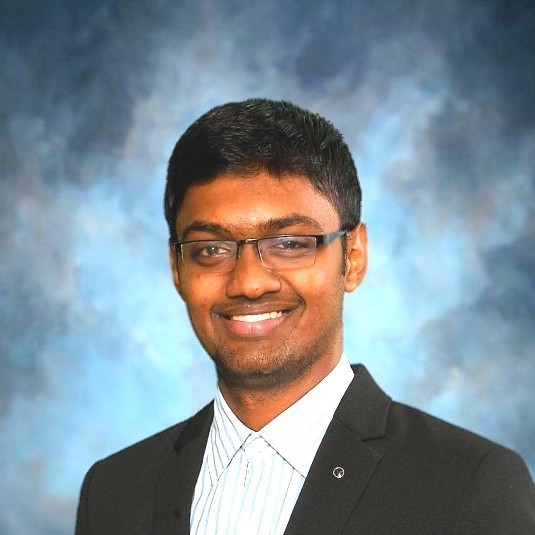
Venkatesh Kumaran Sivagnana
IMDEA Materials Institute, Getafe, Madrid, Spain
S Venkatesh Kumaran is a PhD student in Materials Science at IMDEA Materials Institute, Madrid and Universidad Carlos III de Madrid, Spain. He is working on developing new high entropy alloy (HEA) formulations using advanced powder metallurgy routes for high temperature applications. He holds a Master´s degree in Materials Science from the University of Illinois, Urbana-Champaign, USA and a Bachelor´s degree in Metallurgical and Materials Engineering from National Institute of Technology (NIT), Tiruchirappalli, India. In this conference, he will be presenting his research work titled ´Developing competitive high entropy alloys by field assisted sintering using commodity powders´, where he will discuss a novel approach to fabricate HEAs in a cheaper and efficient way.

Simon Graham
The University of Sheffield, Sheffield, UK
I am a postdoctoral research associate at The University of Sheffield, funded by MAPP, a EPSRC Future Manufacturing Hub in Manufacture using Advanced Powder Processes. My research focuses on using FAST to consolidate a range of metal powders. This includes recycling of waste oversize powders from additive manufacturing, developing new alloys and metal matrix composites, and the direct production of near net shape components.

Cameron Barrie
The University of Sheffield, Sheffield, UK
Cameron graduated from the University of Sheffield in 2019, with an MEng in Materials Science and Engineering. In the same year, he joined the Sheffield Titanium Alloy Research group as a PhD student with Prof. Martin Jackson. His current project work is focused on novel ways to process titanium to create complex microstructures and corresponding complex properties, with a view to developing their new method into an industrially-applicable process technology.
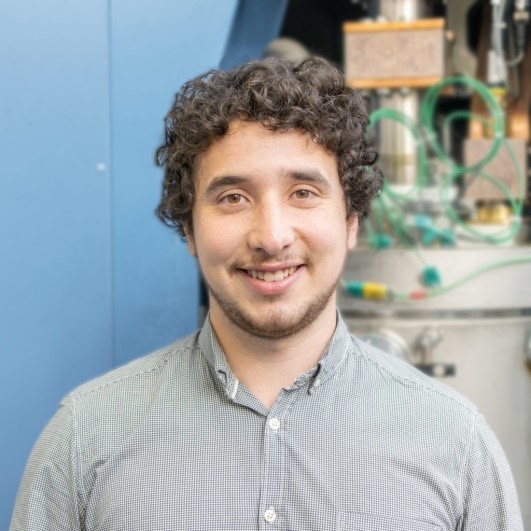
Oliver Levano Blanch
The University of Sheffield, Sheffield, UK
I am a research associate at the University of Sheffield working in a range of projects focused on processing, reusing and recycling titanium alloys with Field Assisted Sintering Technology (FAST). Before starting my current role, I graduated in Materials Engineering at the University of Barcelona in 2016 and moved to the University of Manchester to study an MSc in Advanced Manufacturing Technology. From there on, I completed an Engineering Doctorate with the support of Rolls-Royce focused on using dissimilar titanium alloys to produce functional graded components for aerospace applications with the technology FAST.

James Pepper
The University of Sheffield, Sheffield, UK
I am a PhD student at the University of Sheffield funded by the EPSRC and SFI Centre for Doctoral Training in Advanced Metallic Systems, alongside industry sponsors DSTL. My research primarily focuses on using FEM to examine the fundamentals of FAST, specifically the effects of channeling current on sintering Titanium alloy components.
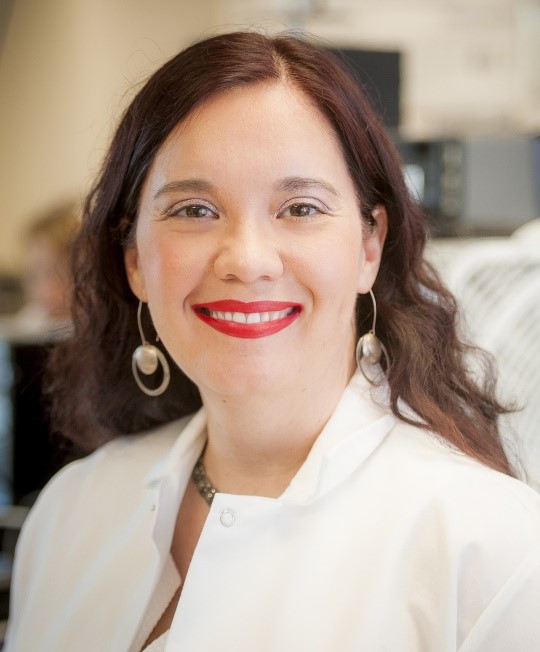
Olivia Graeve
The University of California San Diego, La Jolla, USA
of Sheffield, Sheffield, UK
Prof. Olivia A. Graeve (http://graeve.ucsd.edu/) joined the University of California San Diego in 2012 and is currently Professor in the Department of Mechanical and Aerospace Engineering and Director of the CaliBaja Center for Resilient Materials and Systems (http://resilientmaterials.ucsd.edu/). She holds a Ph.D. in Materials Science and Engineering (2001) from the University of California, Davis, and a Bachelor of Science degree in Structural Engineering (1995) from the University of California San Diego. Her area of research focuses on the design and processing of new materials for extreme environments, including extremes of temperature, pressure, and radiation. Prof. Graeve has been involved in many activities related to the recruitment and retention of women and Hispanic students in science and engineering and has received several prestigious awards including the Presidential Award for Excellence in Science, Mathematics and Engineering Mentoring in 2020. She has been inducted into the Tijuana Walk of Fame (2014), the Mexican Academy of Engineering (2016), the Mexican Academy of Sciences (2019), and has been named Fellow of the American Ceramic Society (2017).
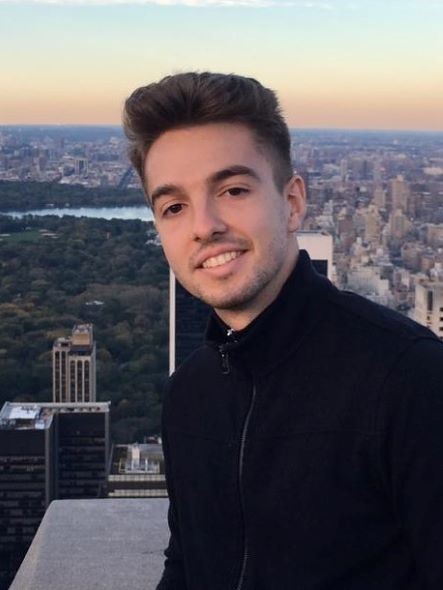
Antonio Potenciano
Universidad Carlos III de Madrid, Leganés, Madrid, Spain
I am Antonio Potenciano. I am from Toledo, Spain. Currently, I am a PhD candidate at Mines ParisTech (CEMEF centre at Sophia Antipolis, France) and former intern at IMDEA Materials Institute. At IMDEA, I had the chance to investigate the deformation behaviout of a Ni-based superalloy processed by SPS. I firmly believe that processing via advanced powder metallurgy techniques such as SPS can lead to the development of efficient aircraft engines that will contribute towards decarbonization of this sector. Furthermore, grain growth inhibition in novel superalloys is my current research topic.
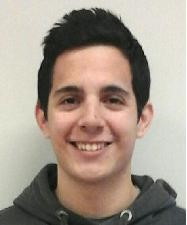
Alberto Meza
IMDEA Materials Institute, Getafe, Madrid, Spain
Alberto Meza (Madrid, Spain) completed his PhD in Materials Science and Engineering in the Powder Technology Group from the Carlos III University of Madrid studying the processing of novel oxide dispersion strengthened (ODS) ferritic steels by powder metallurgy. Nowadays he is investigating as a post-doc at the IMDEA Materials Institute and his main research lines focus on the development of novel high entropy alloys (HEAs) by powder metallurgy.
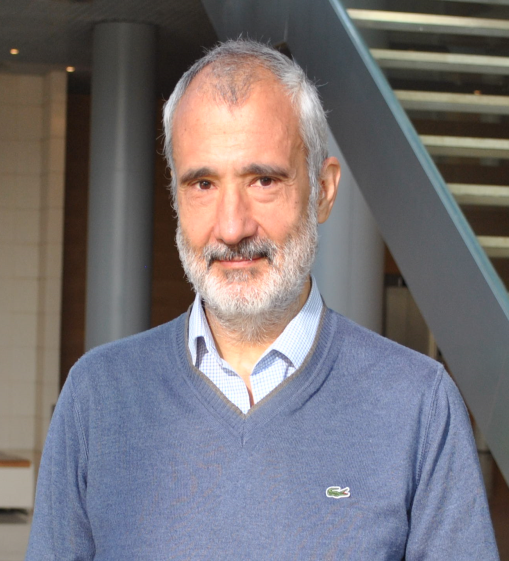
José Manuel Torralba
IMDEA Materials Institute, Getafe, Madrid, Spain ; Universidad Carlos III de Madrid, Leganés, Madrid, Spain
José Manuel Torralba, Professor of MSE at the Universidad Carlos III de Madrid (UC3M) and Director of IMDEA Materials Institute. Fellow in the two most important Powder Metallurgy associations in the world: FAPMI and FEPMA. FEMS Gold Metal. He has participated in about 35 competitive funded projects (among which five EU-projects and one NSF-USA project) and in several research evaluation panels (including the EU Research Framework Programmes). He also regularly participates in activities related to mentoring, research integrity, new ethics in science and to the promotion of healthy conditions in research labs. He has been supervisor of 28 PhD students and has created a good international network of former students in academia and industry.
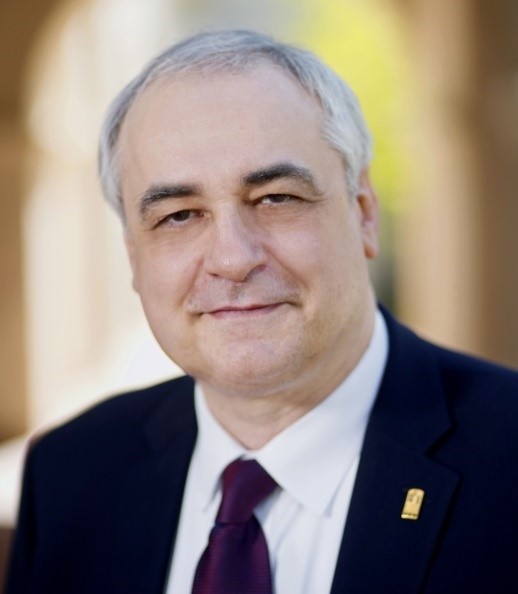
Eugene A. Olevsky
San Diego State University, San Diego, USA
Eugene Olevsky is Dean and Distinguished Professor of the College of Engineering at San Diego State University. He has obtained M.S. degrees in Mechanical Engineering and Applied Mathematics and Ph.D. in Materials Engineering. He is the author of over 500 scientific publications and of more than 150 invited presentations. He has supervised more than 100 post-doctoral, graduate, and undergraduate students. Prof. Olevsky is a Fellow of the American Ceramic Society, a Fellow of the American Society of Mechanical Engineers, a Fellow of ASM International, and Humboldt Fellow; he is a Full Member of the International Institute of Science of Sintering.
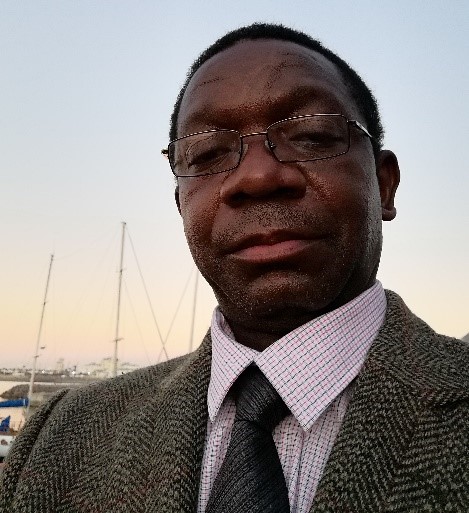
Maweja Kasonde
GeniCore Sp. z o.o. , Warsaw, Poland
BEng Honours in Mechanical Engineering, University of Pretoria. PhD in Materials and Metallurgical engineering, University of Witwatersrand MBA, Open University, United Kingdom Chartered Engineer, IMMM United Kingdom Genicore PL expert for development of superhard materials in SPS. Professor visiting in thermodynamics and in welding and forming processes Worked in novel HPHT sintering of polycrystalline diamond and cubic boron nitride tooling for oil & gas drilling, road planning, CFRP and metal machining, and mining picks at Element Six. Previously worked in powder metallurgy of Platinum – Titanium shape memory alloys and the Titanium – Magnesium for hydrogen storage for the CSIR and NIMS.

Jens Huber
Dr. Fritsch Sondermaschinen GmbH, Fellbach, Germany
Mr. Jens Huber, International Sales Manager at Dr. Fritsch GmbH (Fellbach, Germany) is in charge of the worldwide sales and marketing activities of Dr. Fritsch´s Powder Shaping Technologies division. After graduating in Business Administration he worked in various positions in technical sales in Germany as well as in Japan. Before joining Dr. Fritsch in 2009, he has been working as a Sales Engineer at Kyocera Corp. Being in contact with sintering technologies for technical ceramic applications in that position, he decided to make sintering his professional focus by joining Dr. Fritsch, the market leader in FAST/SPS machines.
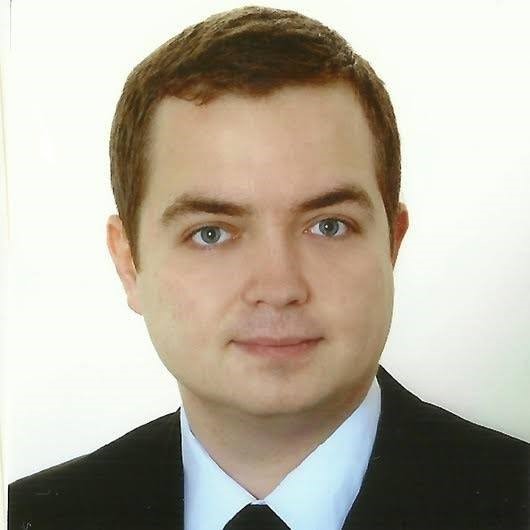
Damian Karpowicz
GeniCore Sp. z o.o. , Warsaw, Poland
Damian Karpowicz – Business Development Manager, GeniCore Sp. z o.o. graduated from electrical engineering at the University of Zielona Góra. While working as a service engineer he spent several years in a team directly responsible for solving process engineering problems. He participated in an award-winning project to develop a solution for melting titanium in vacuum by levitation. He then pursued a career as a sales engineer, mainly due to the great satisfaction of meeting new people. Directly involved in sales success related to two large projects for a Chinese customer and an R&D device for a customer in Israel. Currently, as a business development manager, he believes that business development efforts should be guided by the principle: „Don’t be a necessary part of the investment, become a necessary part of the solution”.

Miguel A. Lagos
Tecnalia, Donostia-San Sebastián, Spain
Miguel A. Lagos Gomez, is PhD in Material Science and Technology (University of the Basque Country UPV-EHU, 2014) and Master Degree in Chemical Engineering (University of Santiago de Compostela USC 2004). In addition is also Master Degree in Management of Innovation and Technology (Deusto, 2006). He incorporated at TECNALIA in 2011, working on Powder Metallurgy and Ceramic composites. He participates in several EU projects related to PM and private projects. Miguel has extensive experience in materials processing and characterization including SPS, SHS, ERS etc
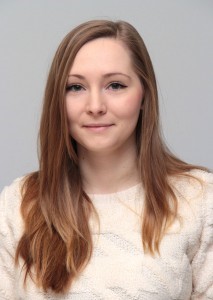
Anna Wąsik
AGH University of Science and Technology, Krakow, Poland
Anna Wąsik PhD, Eng. the employee of the Department of Materials Science and Non-Ferrous Metals Engineering at the Faculty of Non-Ferrous Metals, AGH University of Science and Technology. Scientific activity covers a wide range of issues related to the metal matrix composites (e.g. composites based on aluminum). The other subjects of scientific interest are the methods of consolidation of metal powders. Author or co-author of about 25 publications in scientific journals both international and national.
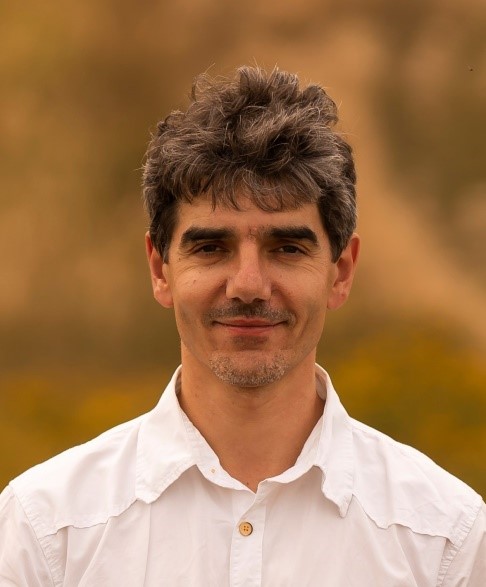
Paweł Figiel
West Pomeranian University of Technology, Szczecin, Poland
Pawel Figiel is Ph.D. of Materials Science and Engineering at West Pomeranian University of Technology, Szczecin in Poland. He received a M. Sc. degree in environmental protection from Department of Chemical Technology and Engineering Szczecin University of Technology, and Ph.D. in Materials Science and Engineering from West Pomeranian University of Technology, Szczecin in Poland in 2013. His research interests include nanopowders (carbides, nitrides, borides) and metal matrix composites synthesis, X-ray diffraction, tribological, corrosion and tribo-corrosion behavior of materials. He is author of over 40 scientific publications and technical reports, including 2 patents and collaborator of national and European projects.
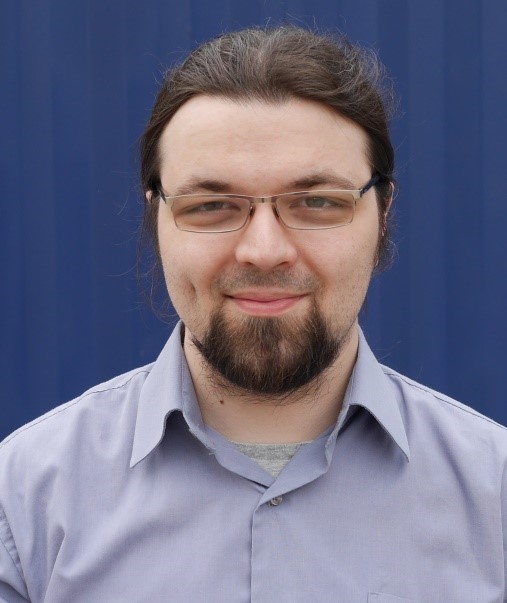
Kamil Kaszyca
Łukasiewicz Research Network – Institute of Microelectronics and Photonics, Warsaw, Poland
Beneficiary of the „Implementation Doctorate” program, co-designer and operator of the SPS apparatus located at Łukasiewicz – IMiF. He has many years of experience in the development of SPS sintering technology, has carried out over 2300 sintering processes. Research interests: Synthesis and characterization of semiconductor (thermoelectric) materials, construction of measuring and process equipment and data analysis.
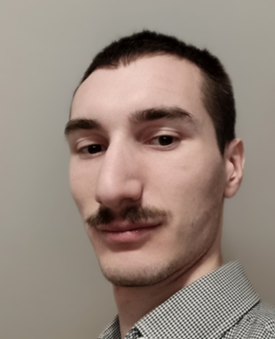
Rafał Psiuk
Institute of Fundamental Technological Research, Polish Academy of Sciences, Warsaw, Poland
A graduate of the Faculty of Materials Science and Engineering of the Warsaw University of Technology. In his engineering and master’s thesis he dealt successively with PPS pulse plasma sintering and 3D printing using the SLM method. Currently an employee and doctoral student at the Institute of Fundamental Technological Research of the PAS. The subject of the PhD thesis are super-hard layers of tungsten borides with zirconium addition by magnetron sputtering and/or laser ablation. Close cooperation with Łukasiewicz Research Network leads to spark plasma sintering of superhard tungsten borides used as targets.
